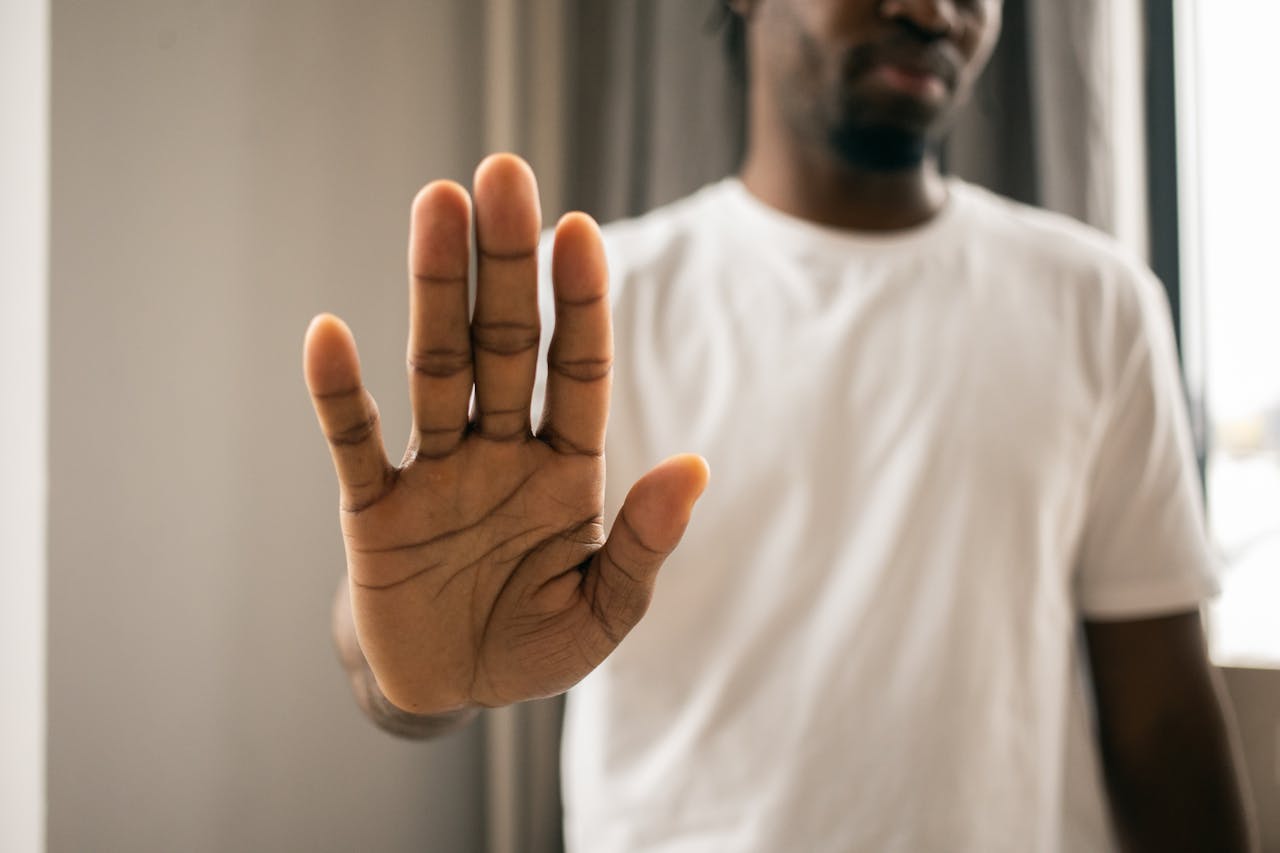
Gen Z consumes about one-third less beer and wine than previous generations. (Pexels Photo)
By Omar H. Fares, Wilfrid Laurier University and Melise Panetta, Wilfrid Laurier University, The Conversation
Generation Z is leading a significant shift in drinking habits. In fact, compared to preceding generations, Generation Z may be the soberest generation yet.
Members of Gen Z consume about one-third less beer and wine than previous generations. They are also shifting toward alcohol-free beverages at a significantly higher rate.
This trend, first observed in North America in the early 2000s, has since become a global phenomenon. Recent Gallup data shows a 10 per cent decline in alcohol use among U.S. adults aged 18 to 34 in the last decade.
Across the Atlantic, a United Kingdom report found that consumers aged 20 to 24 are nearly half as likely to prioritize spending on alcoholic beverages for home consumption compared to those aged 75 and older.
What sets Gen Z apart is that this change appears to be more than a passing trend. As researchers in consumer behaviour, we study the factors that influence and drive changes in consumer choices. Our expertise tells us that the rise of the “Lo/No” alcohol lifestyle reflects genuine change for Gen Z.
Growing health and wellness consciousness, changing social patterns and evolving metacognition — an awareness of one’s own thought processes — have sparked their interest in the “sober curious” movement.
Health conscious and informed
According to the World Health Organization, alcohol is linked to more than 200 health conditions, including cancer and liver disease.
Historically, public awareness of such risks, specifically the links to cancer, has been low. A review of 32 studies across 16 countries found that awareness of alcohol as a cancer risk factor was generally low, with some variation across regions.
Efforts to bridge this knowledge gap have gained momentum over the past few years. As a generation that has grown up in a digital age where health information is more accessible than ever, Gen Z appears to be more aware of the adverse effects of alcohol compared to older generations.
Mental health awareness has also played an important role in magnifying this shift. Gen Z experiences higher rates of anxiety and depression than prior generations. However, along with millennials, they are also more likely than older generations to seek treatment or therapy from mental health professionals.
Prioritizing mental health
One of the most significant cultural changes among younger generations is the reduced stigma around mental health. This shift has been instrumental in encouraging open dialogue about the impact of alcohol on mental and emotional well-being.
These open discussions have highlighted a growing recognition that alcohol often hinders, than than helps, in managing anxiety, getting quality sleep and staying emotionally resilient.
Platforms like Instagram and TikTok have amplified this dialogue, with advocates openly discussing their sobriety journeys. By doing so, they further normalize prioritizing mental health over traditional drinking habits.
Many young people today see drinking as counterproductive to their mental health goals. They’re not afraid of challenging the old “let loose” mentality if it means staying sharp and feeling good.
The ‘sober curious’ movement
One of the defining characteristics of Gen Z is its heightened sense of self-awareness. Movements like the sober curiosity movement — a term popularized by cultural commentator Ruby Warrington in her 2018 book — reflect this.
The sober curiosity movement encourages people to make conscious efforts to evaluate their relationship with alcohol. It aligns with a broader cultural shift among younger generations toward mindfulness and intentional decision-making across all areas of life.
Social media platforms like Instagram and TikTok are powerful drivers of Gen Z’s relationship with alcohol. These platforms provide spaces for sharing alcohol’s risks while celebrating alternatives.
Social media platforms appear to be playing a significant role in normalizing “intermittent sobriety” — a term that describes a pattern where individuals abstain from consuming alcohol and/or other substances for a select period of time.
Influencers have shared their experiences with “dry months” and the subsequent improved mental clarity and productivity, inspiring others to follow suit.
Changing social dynamics
As digital natives, Gen Z and millennials are acutely aware of the lasting impact of their digital footprints. Growing up under the constant gaze of social media, they understand that actions — especially those influenced by alcohol — can be immortalized online, so they are more cautious about engaging in behaviours they might later regret.
Social media has also shifted the focus of social interaction. Historically, alcohol consumption has often been a centerpiece of social gatherings. But today, alternative activities like wellness retreats, sober-friendly events and even dry bars are becoming increasingly popular.
Looking ahead, businesses need to rethink how they cater to a generation drinking less alcohol. Some businesses, like With Grace Marketplace — a bottle shop specializing in alcohol-free alternatives — are already doing this.
Influencers and campaigns like #SoberLife and #SobrietyJourney promoting sober lifestyles have further normalized and celebrated alcohol-free living.
Many younger people are redefining what it means to have fun without the need for alcohol. For younger generations, meaningful social experiences are less about following traditional scripts and more about creating inclusive and intentional environments.![]()
Omar H. Fares, Lecturer of Marketing in the Lazaridis School of Business and Economics, Wilfrid Laurier University and Melise Panetta, Lecturer of Marketing in the Lazaridis School of Business and Economics, Wilfrid Laurier University
This article is republished from The Conversation under a Creative Commons license. Read the original article.





















